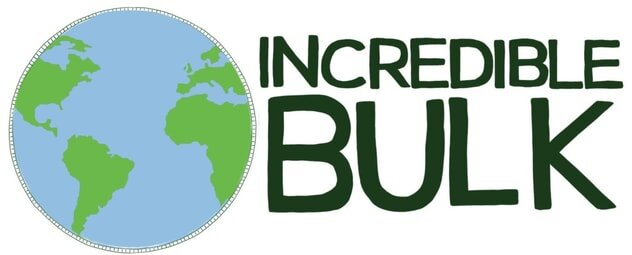Organic September
/September is organic month with the Soil Association, the UK’s largest organic certification body. We thought it was the perfect time to explain why we think organic is important and let you know our own policy on organic produce when it comes to our product selection.
Here are some snippets from the Soil Association website we wanted to share:
Many people don’t realise almost 300 pesticides can be routinely used in non-organic farming and these are often present in non-organic food despite washing and cooking. Organic farming standards, on the other hand, don't allow any synthetic pesticides and absolutely no herbicides such as Glyphosate.
Organic farmers are permitted to use just 20 pesticides, derived from natural ingredients including citronella and clove oil, but only under very restricted circumstances. Research suggests that if all UK farming was organic, pesticide use would drop by 98%! This means that organic farms are a haven for wildlife and these toxic pesticides can’t make their way into the food chain and into us.
Organic farming has huge environmental benefits as well and not only reduces pollution but helps combat climate change. If all UK farmland was converted to organic farming, at least 3.2 million tonnes of carbon would be taken up by the soil each year - the equivalent of taking nearly 1 million cars off the road.
Over half of Britain’s wildlife species have declined since 1970, and more than one in ten are currently facing extinction. Intensive farming practices have been identified as the primary drivers of these declines. 75% of UK butterfly species have declined in the past decade and eight of our 25 bumblebee species are threatened, with two already extinct!
Ground breaking research published in the British Journal of Nutrition has found significant nutritional differences between organic and non-organic farming. In 2014, the team at Newcastle University found organic crops are up to 60% higher in a number of key antioxidants than conventionally-grown ones.
From these 5 statements its clear to see why organic farming is so important but unfortunately (and understandably) there is still a price to pay for organic. We’ve found that organic produce is often twice the cost of non-organic and whilst the benefits of organic farming are clear, not everyone can afford to pay for organic products at this point.
At Incredible Bulk we strive to select organic over non-organic when we feel the price is affordable – this is a key part of making Incredible Bulk accessible. Our main aim is to provide people with an easy and convenient way to move towards zero waste; offering a way to avoid single-use plastic packaging and avoid waste going to land fill. Being an affordable option is key for us and we don’t want to price anyone out of being able to shop package free.
We also use the ‘Dirty Dozen’ list and information from the Pesticide Action Network UK to inform our choices. The Dirty Dozen is a list of which fruit and vegetables are most likely to contain pesticide residues. If you can’t go fully organic its good to use this list to see which fruit and veg is best to buy organic over non-organic. Dried grapes (sultanas and raisins) feature on the list which is why we make sure ours are organic. We also found this podcast with Tim Spector interesting, where he names oats, rice and high water content fruit and vegetables as best to go organic but also to think about what you eat most regularly and to see if you can switch to organic for those foods.
Our current food selection is 30% organic and we will always look to increase this where we can. As the Soil Association points out ‘Switching to just one extra organic item really can help contribute to changing our food & farming systems for the better. Demand for more organic food means more organic farms. More organic farms mean fewer pesticides, more wildlife and more animals raised under the very highest standards.’
For more information check out Soil Association , Dirty Dozen(USA) and Dirty Dozen(UK), PAN UK, The truth about organic food Tim Spector.
